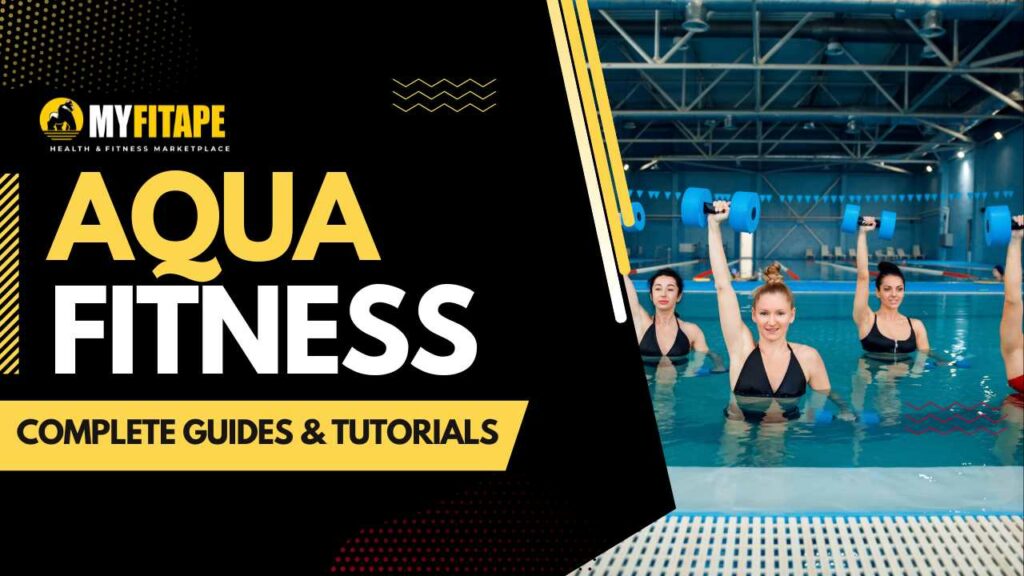Essential Tips & Guides for Infant Swimming
Start Early
You should start introducing your infant to the water as early as possible, ideally from the age of six months and before they start to walk. Starting to swim early will help them become more comfortable in the water and set the foundation for future swimming lessons.
Choose the Right Instructor
The right swim instructor can make all the difference when it comes to teaching your infant to swim. Ensure that your instructor has the proper qualifications and experience and that they are comfortable with teaching young children.
Provide a Positive Swimming Experience
Infants can be scared of the water and having a positive experience during their first swimming lesson is essential in helping them to become more relaxed and confident. To achieve this, it is important to not push them too hard, to focus on games and activities to have fun in the water, and to speak calmly and encourage them when they are learning new skills.
Introduce Water Safety Skills Early
Water safety skills are incredibly important for infants and should be introduced at an early age. These skills include understanding how to hold their breath underwater, learning how to float, and understanding how to call for help if they fall into the water.
Lead by Example
It is important to demonstrate safe swimming behaviors and to lead by example. Modeling these behaviors will reinforce that these skills should be used in and around the water.
Stay Calm and Encourage Your Infant
Make sure that your infant knows that they are safe in the water and that you will be there to help them. Remain calm and supportive during their swimming lessons and recognize when they feel overwhelmed or scared. Do what you can to encourage their progress, even if it takes a bit of time.
How Can MyFitape Help?
MyFitape is a platform dedicated to providing comprehensive and tailored services for infant swimming. With MyFitape, you can easily find a swim instructor for infants. Each swimming instructor has been verified and is experienced in teaching infants and young children to swim. You can also browse through a variety of resources related to infant swimming and read reviews from past customers.
FAQ
(1) At what age should I start teaching my infant to swim?
It is advised to introduce your infant to the water as early as possible, ideally from the age of six months and before they start to walk.
(2) What types of swimming lessons are available for infants?
MyFitape offers a wide range of swimming lessons for infants, including beginner, intermediate, and advanced courses.
(3) How can MyFitape help me find an infant swimming instructor?
MyFitape makes it easy to find a qualified swimming instructor for infants. You can easily search through a list of swim instructors, read customer reviews, and book classes online.
What safety guidelines should parents be aware of when taking infants swimming?
Parents should be aware of the following safety guidelines when taking their infants swimming:1. Make sure that the water temperature is appropriate for infants. The water should be relatively warm (90–94 degrees F) for the baby to feel comfortable.
2. Supervise your infant at all times while they are in the water. Do not leave them unattended.
3. Make sure the pool, lake, or ocean is free of debris, sharp objects, and other hazards that could harm your baby.
4. Make sure your baby wears age-appropriate flotation devices.
5. Make sure your baby is immunized against waterborne illnesses.
6. Don’t allow your baby to swallow any water while swimming.
7. Rinse off your baby with clean water after swimming to help remove potential contaminants.
8. Avoid swimming in pools treated with chlorine or other harsh chemicals.
9. Wear appropriate protective clothing. This includes protecting eyes, ears and skin from the sun with sunglasses, hats and waterproof sunscreen.
10. Consider taking a swim class for you and your baby, to ensure you know how to keep the infant safe in the water.





